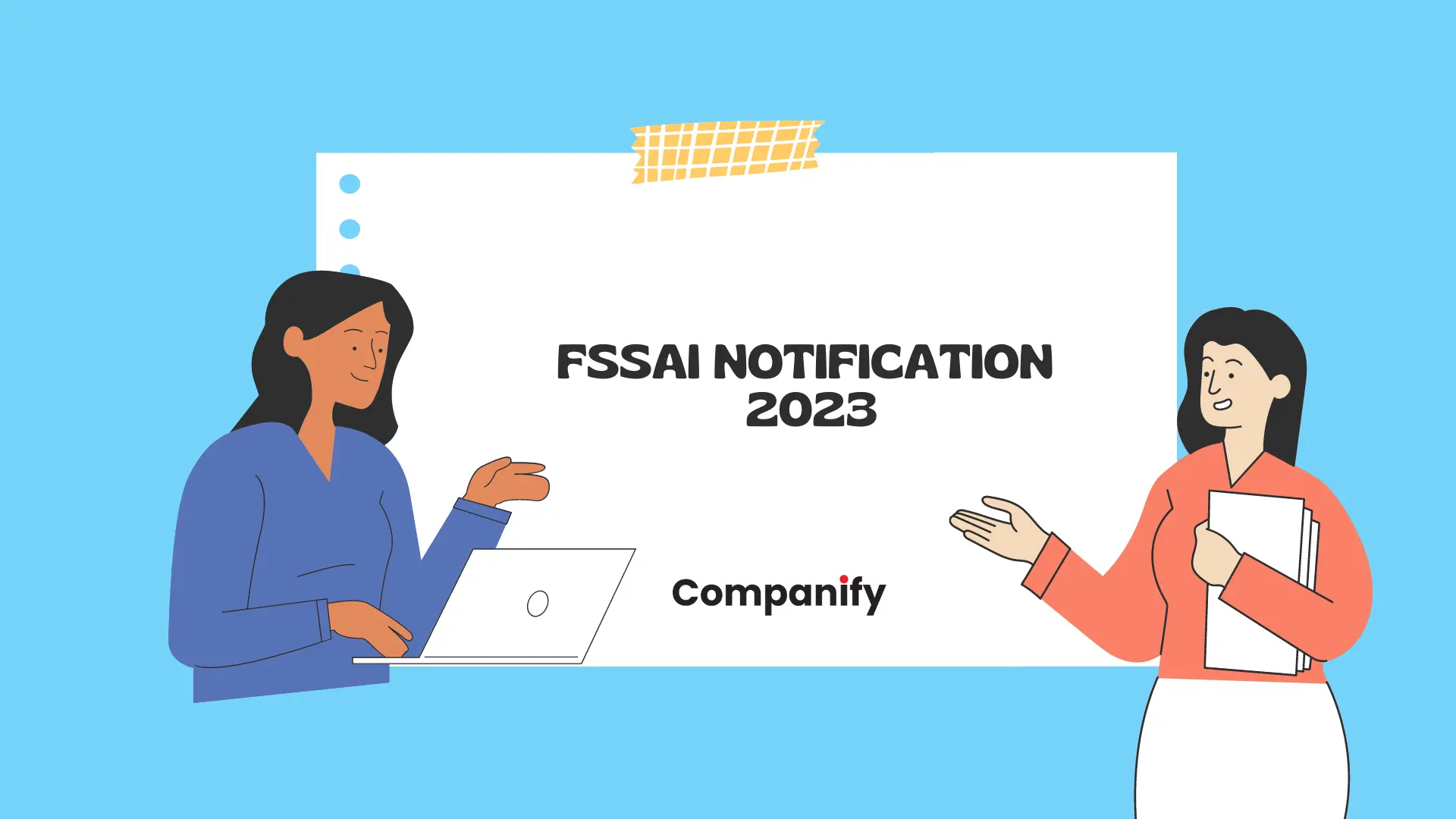

Fssai latest information.
What is FSSAI.
Food Safety and Standards Authority of India is known by the initials FSSAI. It is a statutory organisation established by the Indian government's Ministry of Health & Family Welfare. The Food Safety and Standards Act, 2006, a consolidated statute pertaining to food safety and regulation in India, is what gave rise to the establishment of the FSSAI. By regulating and monitoring food safety, FSSAI is in charge of preserving and advancing public health.
Full form of fssai
(Food Safety and Standards Authority of India)
FSSAI's newly established Scientific Committee will concentrate on issues, new areas, and sustainable food standards.
Press Statement
As of May 3, 2023, New Delhi The first meeting of the newly constituted Scientific Committee of the FSSAI after its restoration in March of this year took place on May 2, 2023. FSSAI CEO Shri G Kamala Vardhana Rao praised the committee's members during his remarks for agreeing to support the organization's efforts to deliver safe food to the nation's citizens in general.
Six independent experts and the chairs of the 21 scientific panels make up the Scientific Committee, which was established by the Food Authority in accordance with Section 13 of the Food Safety and Standards Act, 2006 (FSS Act). The FSSAI's top scientific body, the Scientific Committee, offers advice and input to the food authority as needed.
The main scientific components of the food authority in the standard-development process are the Scientific Committee and the twenty-one Scientific Panels.
Shri Rao stated that the meeting gave him the chance to draw attention to fresh issues and topics that the Scientific Committee needs to give special consideration, such as nutraceuticals, ultraprocessed foods, quick kits/methods for detecting food-borne viruses, etc.
The CEO also emphasised the significance of upholding social responsibility and addressing concerns about food safety. In order to ensure that everyone has access to safe and nourishing food, he asked the Scientific Committee to be actively involved in developing sustainable standards while also concentrating on newer areas for healthier food options for future generations.
Additionally, Shri Rao stated that raising awareness is essential and that there should be more engagement with the general public in order to inform them about safe food and standards, as well as the work that the FSSAI is doing.
Shri Rao added that because individuals are experimenting with various diets and cooking methods, it will be challenging to control eating habits unless the Authority and Scientific Committee provide guidance.
Fssai guidelines for food handlers
To safeguard the safety of food, the Food Safety and Standards Authority of India (FSSAI) has released rules for food handlers. Personal hygiene, safe food handling techniques, and sanitation are only a few of the many subjects covered in these recommendations.
Personal grooming
Food workers are always required to practise excellent personal hygiene. This comprises:
Before and after handling food, thoroughly wash your hands with soap and water for at least 20 seconds.
putting on fresh, closed-toe footwear.
Applying a waterproof bandage to any injuries or sores on your hands.
not eating, smoking, or chewing gum while handling food.
avoiding the wearing of jewellery or other objects near food.
Food handling practices
Food handlers must follow safe food handling practices to prevent the spread of foodborne illness. These practices include:
- Keeping food at safe temperatures.
- Cooking food to the proper temperature.
- Cooling food quickly.
- Reheating food to the proper temperature.
- Avoiding cross-contamination between raw and cooked foods.
- Cleaning and sanitizing all surfaces and utensils that come into contact with food.
Sanitation
The space where food is prepared must always be kept hygienic and spotless. This comprises:
All surfaces and implements that come into touch with food should be cleaned and sanitised.
removing garbage and food scraps from the region.
keeping pests out of the area.
supplying appropriate lighting and ventilation.
Food handlers can contribute to ensuring food safety and safeguarding the general public from foodborne illnesses by adhering to these rules.
Here are some more pointers for people who handle food:
Here are some more pointers for people who handle food:
Recognise any food sensitivities or allergies your clients may have.
When handling hot or cold food, use caution.
Use only clean, undamaged dishes and utensils.
Make proper disposal of food waste.
Any concerns about food safety should be reported right away to your manager.
Food handlers can help assure the safety of the food and give consumers a satisfying eating experience by heeding these recommendations.

